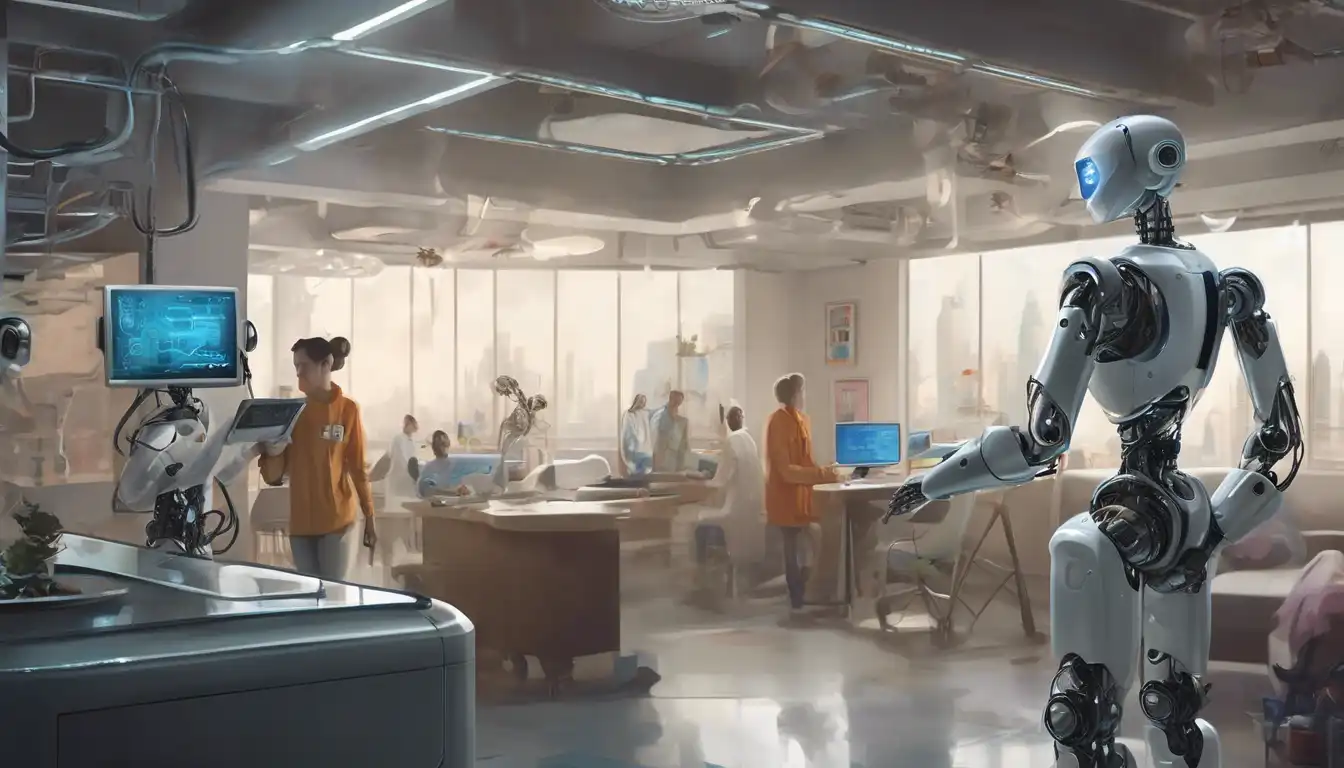The Future of Robotics in Everyday Life
The integration of robotics into everyday life is no longer a matter of if but when. With advancements in artificial intelligence (AI) and machine learning, robots are becoming more capable, affordable, and, most importantly, accessible to the general public. This article explores the potential impacts and benefits of robotics in our daily routines, from household chores to personal care and beyond.
Household Helpers
Imagine waking up to a robot that has already prepared your coffee, cleaned your floors, and even walked your dog. This scenario is closer to reality than many might think. Robotic vacuum cleaners like the Roomba have already made their way into millions of homes, and the next generation of household robots promises to take on even more tasks. From laundry folding robots to automated gardening systems, the future of home maintenance looks both efficient and effortless.
Personal Care and Companionship
Robots are also making strides in the realm of personal care and companionship. Elderly care robots, for example, can monitor health metrics, remind patients to take their medication, and even provide companionship to reduce feelings of loneliness. Similarly, robotic pets offer the emotional benefits of animal companionship without the associated responsibilities, making them an excellent option for those unable to care for a live pet.
Education and Learning
In the educational sector, robots are being used as teaching assistants, providing personalized learning experiences to students. These robots can adapt to each student's learning pace, offer additional resources when needed, and even detect when a student is struggling with a concept. This personalized approach has the potential to revolutionize the way we learn, making education more accessible and effective for everyone.
Workplace Automation
The workplace is another area where robotics is set to make a significant impact. From manufacturing to customer service, robots are taking on tasks that are either too dangerous, repetitive, or complex for humans. This shift is not about replacing human workers but rather augmenting their capabilities and freeing them up to focus on more creative and strategic tasks. The future of work is one where humans and robots collaborate to achieve greater efficiency and innovation.
As we look to the future, it's clear that robotics will play an increasingly important role in our everyday lives. Whether it's through making our homes more comfortable, providing care and companionship, enhancing education, or transforming the workplace, the possibilities are endless. The key will be to embrace these changes and ensure that the benefits of robotics are accessible to all.
For more insights into how technology is shaping our future, check out our articles on AI advancements and smart home technology.
